opinion articles
Send us a link
Crucial! New! Essential! - The Rise of Hype in Research and Impact Assessment
Crucial! New! Essential! - The Rise of Hype in Research and Impact Assessment
Hyberbolic adjectives have been on the rise in academic writing. A study explores how this persuasive language is deployed across different fields of research

Opinion: Strict Ban on China Will Cost Us Dearly in Science
The Future of Brazilian Science
The election of Luiz Inácio Lula da Silva ('Lula') as president of Brazil on 30 October 2022 marked the end of the populist Bolsonaro era. In this Feature, five Brazilian scientists discuss their hopes and expectations for the new presidency and its scientific policies.

The Social Side of Evidence-Based Policy
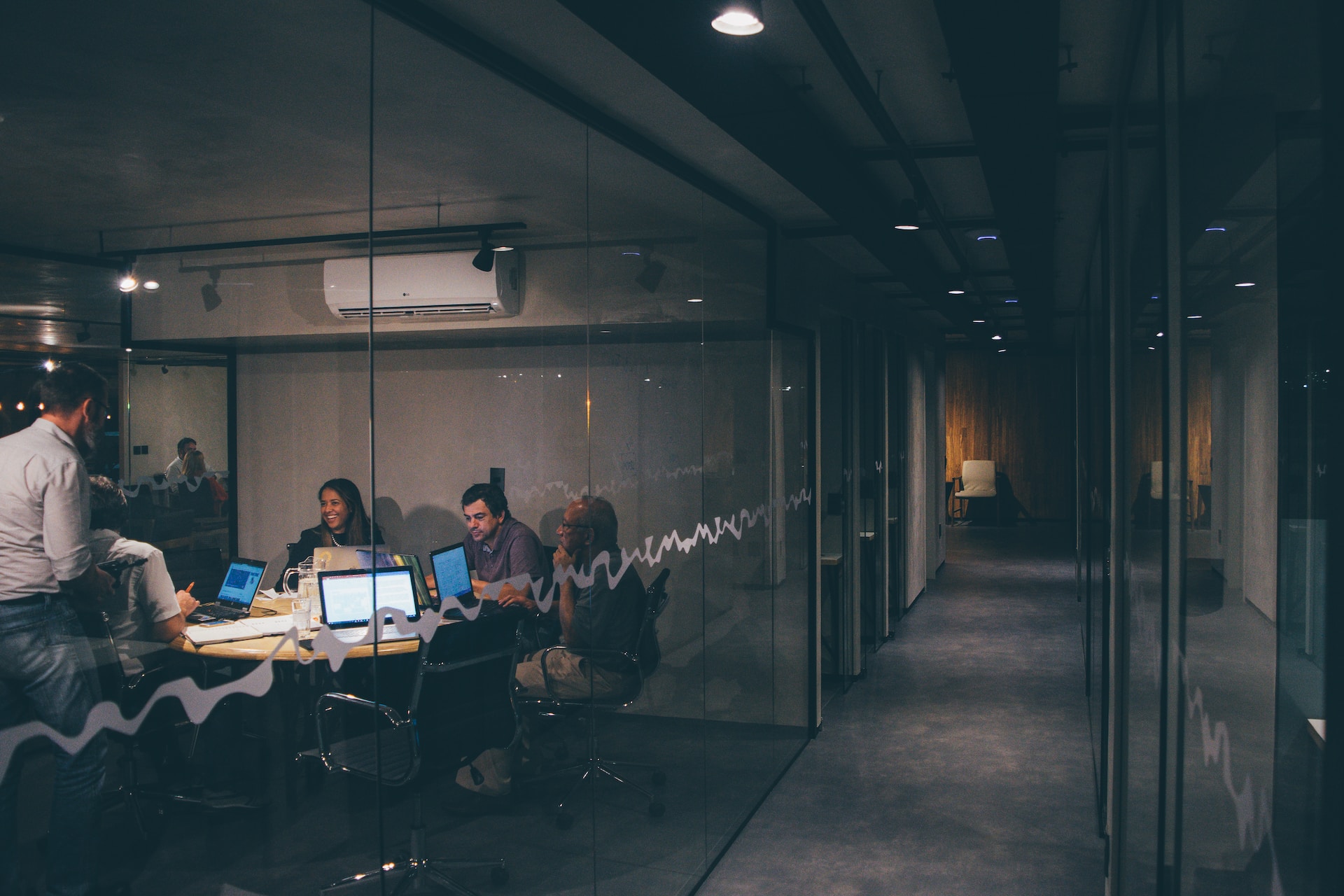
Removing Darwin From the School Syllabus Is a Body Blow to Science Education
Australia Aimed For, and Got, More Stem Graduates. So Where Are the Jobs for Them?
Australia Aimed For, and Got, More Stem Graduates. So Where Are the Jobs for Them?
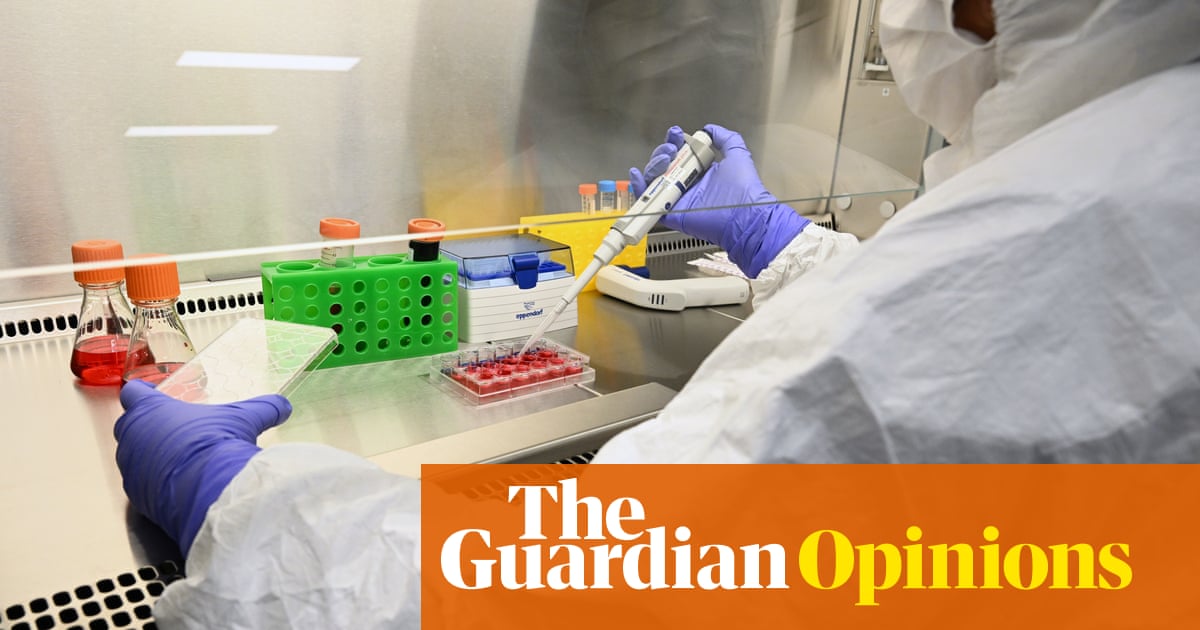
The Precarious Balance Between Research Openness and Security
The Precarious Balance Between Research Openness and Security
Amid increasing competition and conflict with countries such as China, calls to restrict international scientific cooperation overlook benefits to the United States.

Britain's Covid Research Led the World - Why Have Our Clinical Trials Fallen off a Cliff?
Britain's Covid Research Led the World - Why Have Our Clinical Trials Fallen off a Cliff?
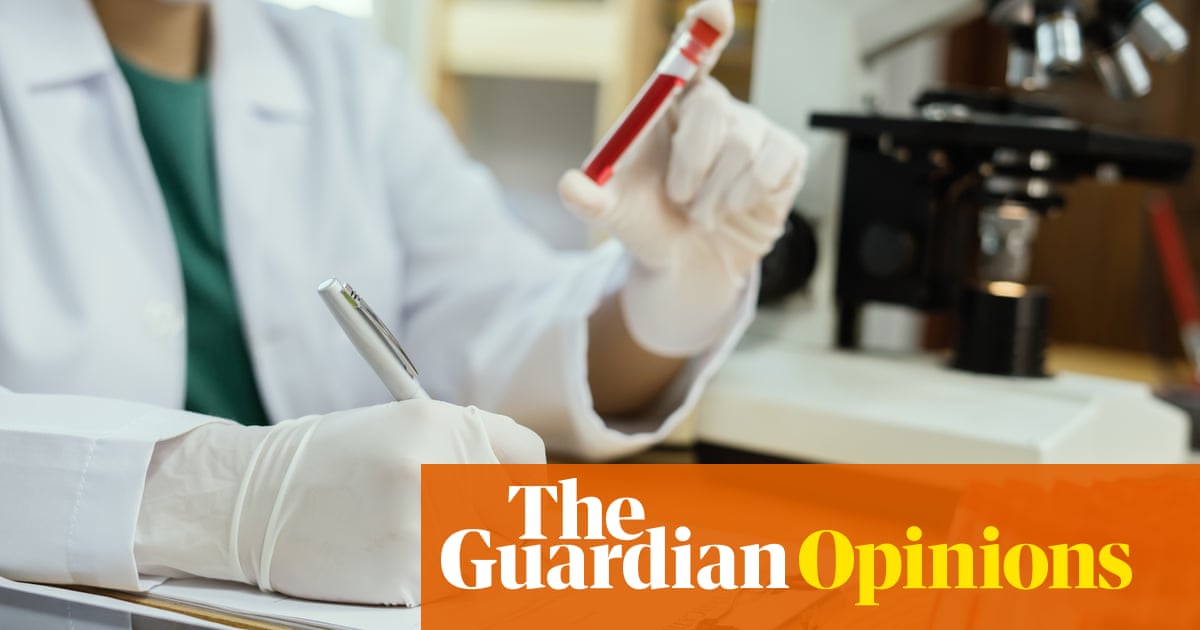
Social Media Has Changed - Will Academics Catch Up?
Since its purchase by Elon Musk last year, Twitter has undergone a series of rapid changes, largely with an eye to making the platform profitable. Considering these developments and those on other platforms, Mark Carrigan, suggests that just as academic social media has become relatively mainstream the dynamics underpinning academic engagement on social media have fundamentally shifted towards a pay to play model.
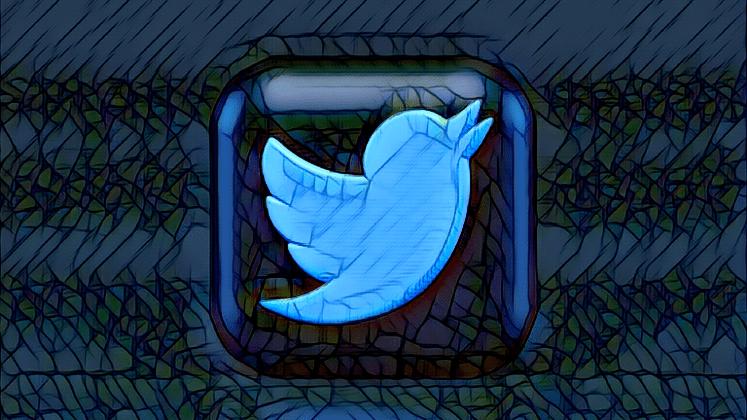
Science is a Strong-Link Problem
There are two kinds of problems in the world: strong-link problems and weak-link problems. Science is a strong-link problem. In the long run, the best stuff is basically all that matters, and the bad stuff doesn’t matter at all.

Scientific Research is Deteriorating
Several cases of renowned scientists being offered large sums of money by institutions in authoritarian countries - such as Saudi Arabia - have been exposed by EL PAIS.
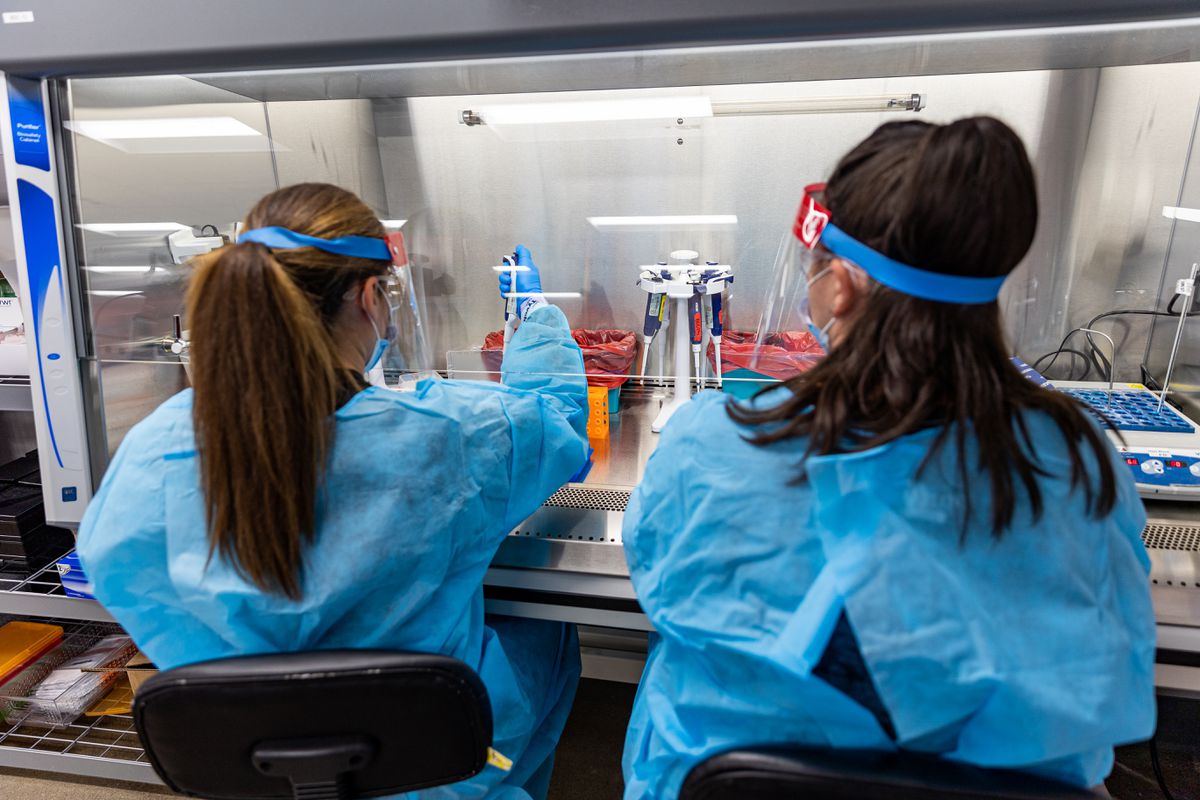
"If We Are Simply Creating Techies Who Can Only Work With the Technology, We're in Big Trouble."
"If We Are Simply Creating Techies Who Can Only Work With the Technology, We're in Big Trouble."
Mathematician and educator Freeman A. Hrabowski III talks about the importance of the humanities, culture change in academia, and much more. He has led groundbreaking efforts to increase diversity in science, technology, engineering, and mathematics (STEM) fields throughout his career. As president of the University of Maryland, Baltimore County (UMBC) for three decades, Hrabowski transformed a regional commuter school into a top-tier research university.
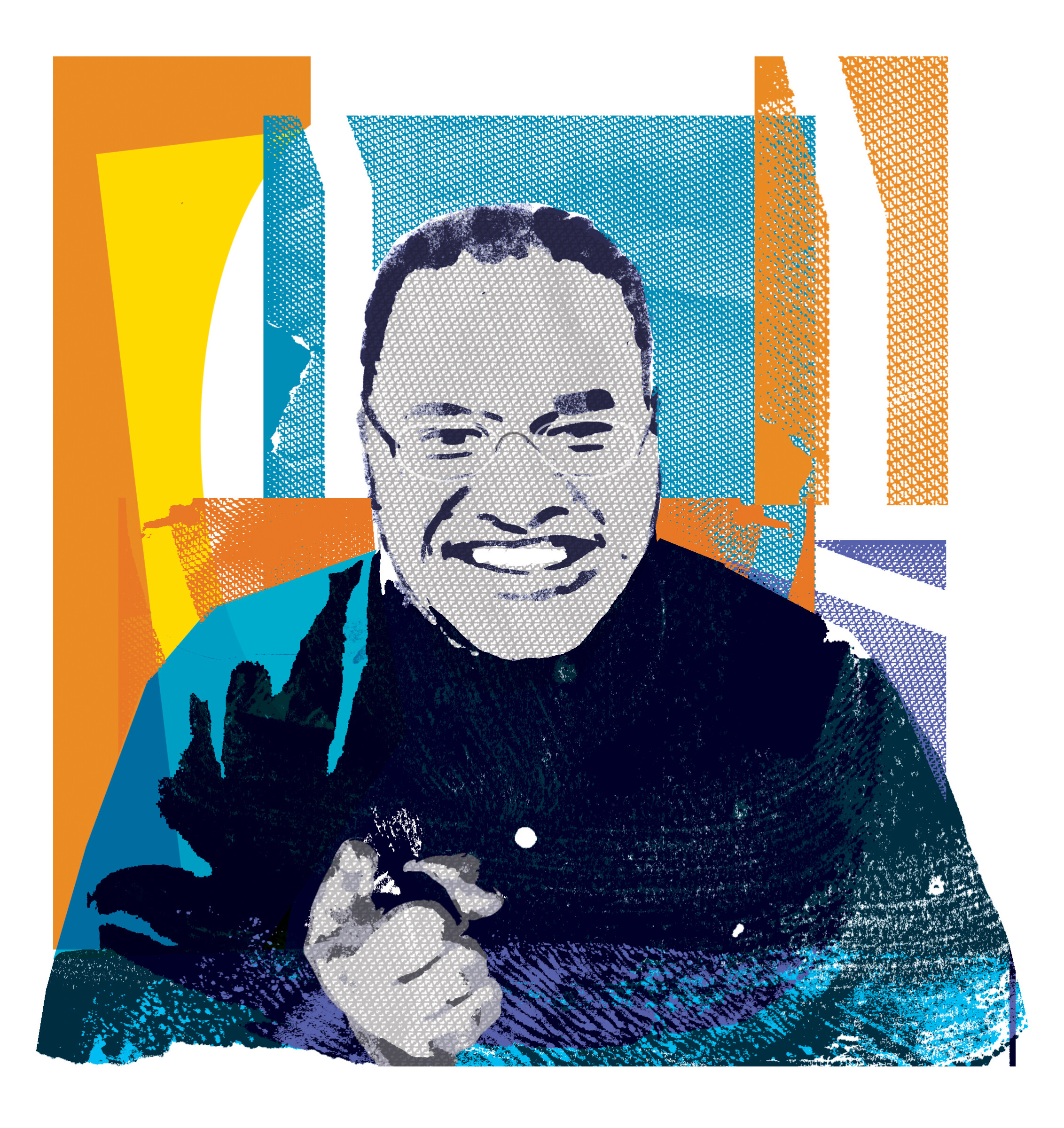
To Avoid an AI "Arms Race," the World Needs to Expand Scientific Collaboration
To Avoid an AI "Arms Race," the World Needs to Expand Scientific Collaboration

OpenAI's Big Lesson for Science Policy
The incredible success of Large Language Models like ChatGPT is both a scientific breakthrough and a boon for future scientific discovery. What is Open AI's role in this?

Soft Power, Hard Choices: Science Diplomacy and the Race for Solutions
Applying the latest scientific insight and evidence is the starting point for science diplomacy. Three experts shine a light on the missing links between the two.
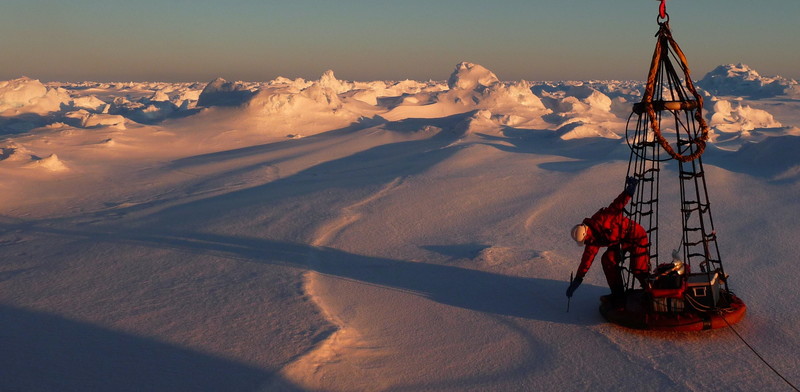
Thinking Allowed - Elite Universities - Working Class Students
Elite universities and the lives of working class academics.
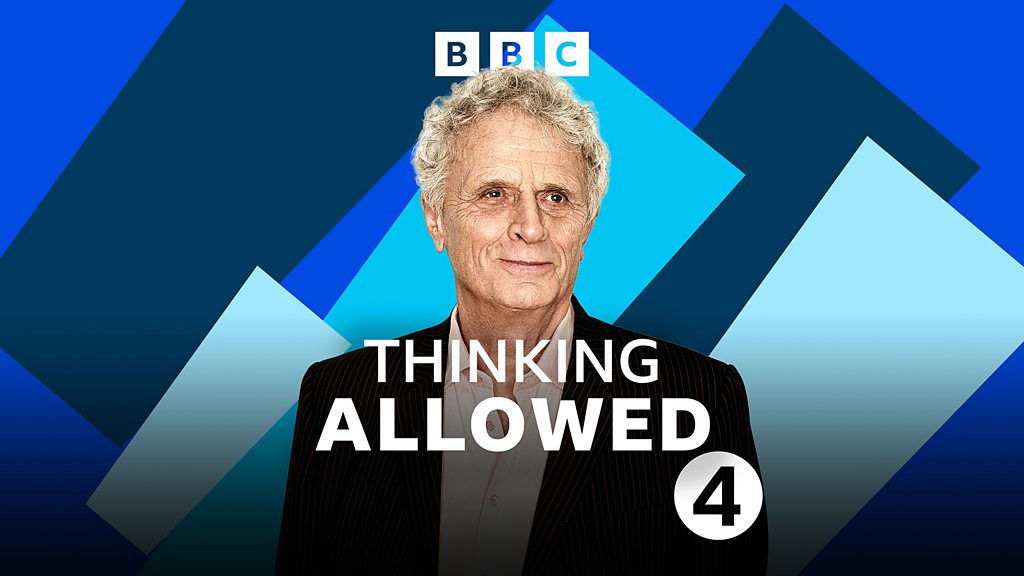
Transforming Science and Policy to Solve Generational Challenges
The One Environment-One Health framework proposes new research and policy solutions that better informs the complex interactions among environmental, social and economic systems.

Are Science and Technology Friends or Foes?
Does research based on a well-defined technological outcome hamper our ability to be creative? And does it limit opportunities to explore and develop fundamental areas of science that may ultimately lead to applications we hadn't even thought of yet?
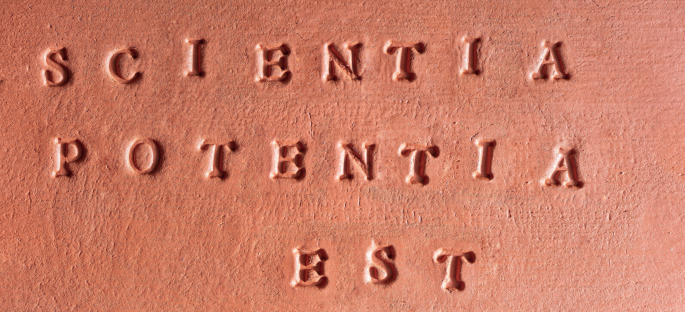
G20 Chief Science Advisers Meet in Uttarakhand: Lessons from Covid-19, Open Access to Scientific Knowledge Feature in Discussions
G20 Chief Science Advisers Meet in Uttarakhand: Lessons from Covid-19, Open Access to Scientific Knowledge Feature in Discussions
The first meeting of the G20 Chief Science Advisers Roundtable (G20-CSAR) in Ramnagar, Uttarakhand, Wednesday, witnessed intense discussion on transboundary science and technology issues of mutual interest. This was the first time that chief science advisers of different countries gathered for a roundtable conference at the G20 platform.
Collaborative Advantage: Creating Global Commons for Science, Technology, and Innovation
Collaborative Advantage: Creating Global Commons for Science, Technology, and Innovation
Collectively solving problems shared by many nations requires a new global science and technology commons.

Keep Scientists in the Research Room and out of Politics
Keep Scientists in the Research Room and out of Politics
The simple messaging favoured by media advisers doesn't chime with a discipline that is messy and incomplete.

To End Sexual Harassment, Make It Everyone's Problem
Sexual harassment in STEM isolates survivors. Collective bargaining could engage the whole academic community in ending sexual harassment.
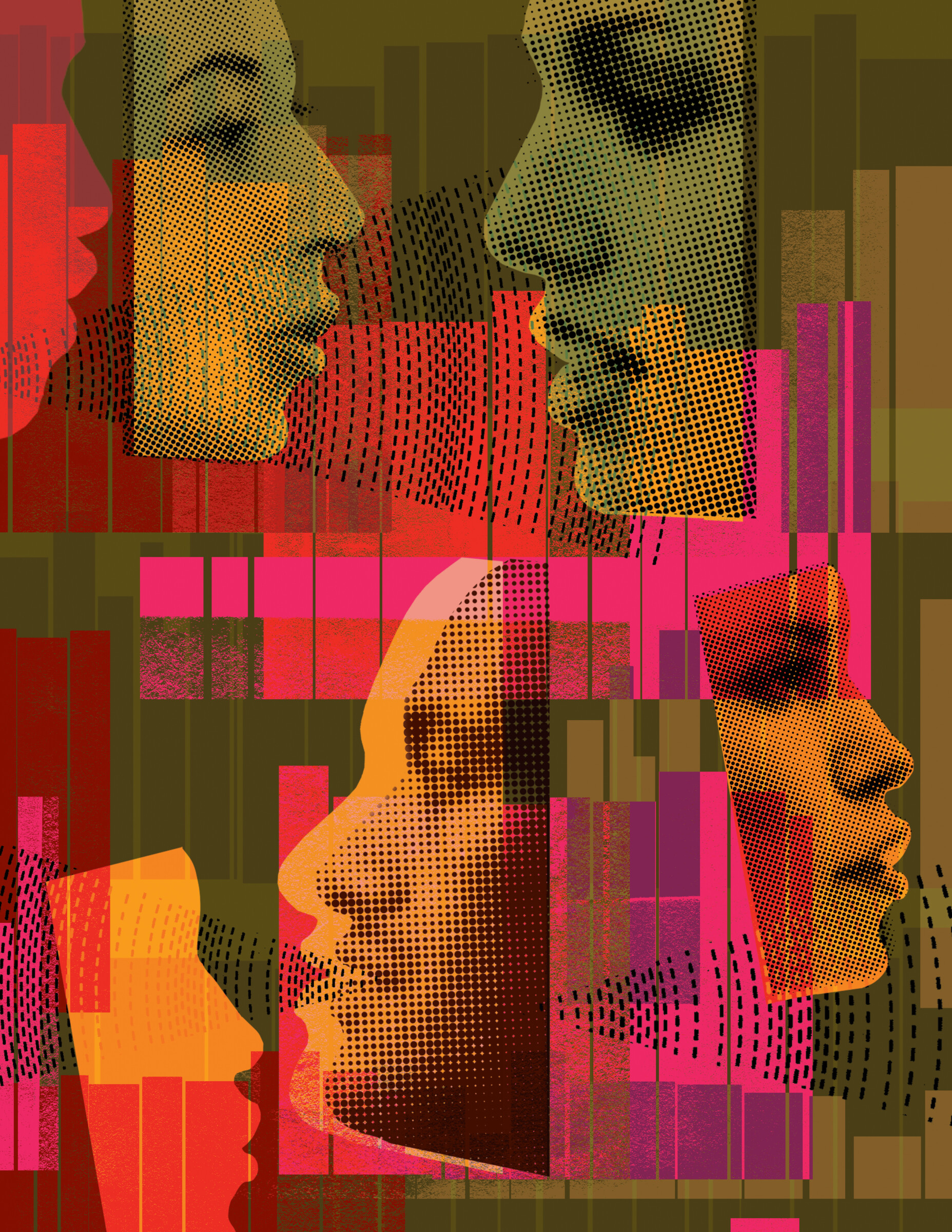
Celebrate Women in Science - Every Day
Nature asked six women researchers how they celebrate International Women’s Day.
Creating Global Commons for Science, Technology, and Innovation
Creating Global Commons for Science, Technology, and Innovation
Collectively solving problems shared by many nations requires a new global science and technology commons.




